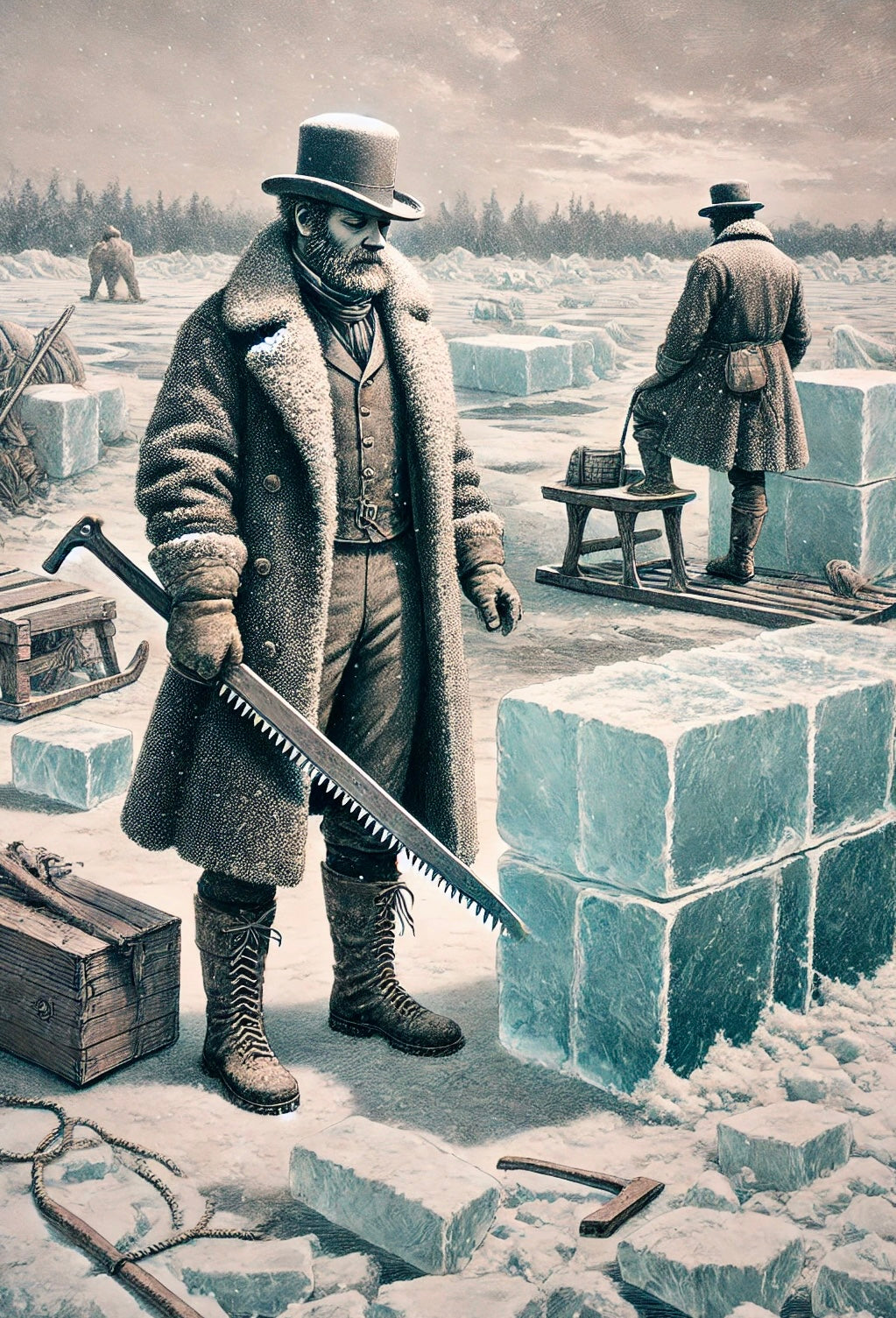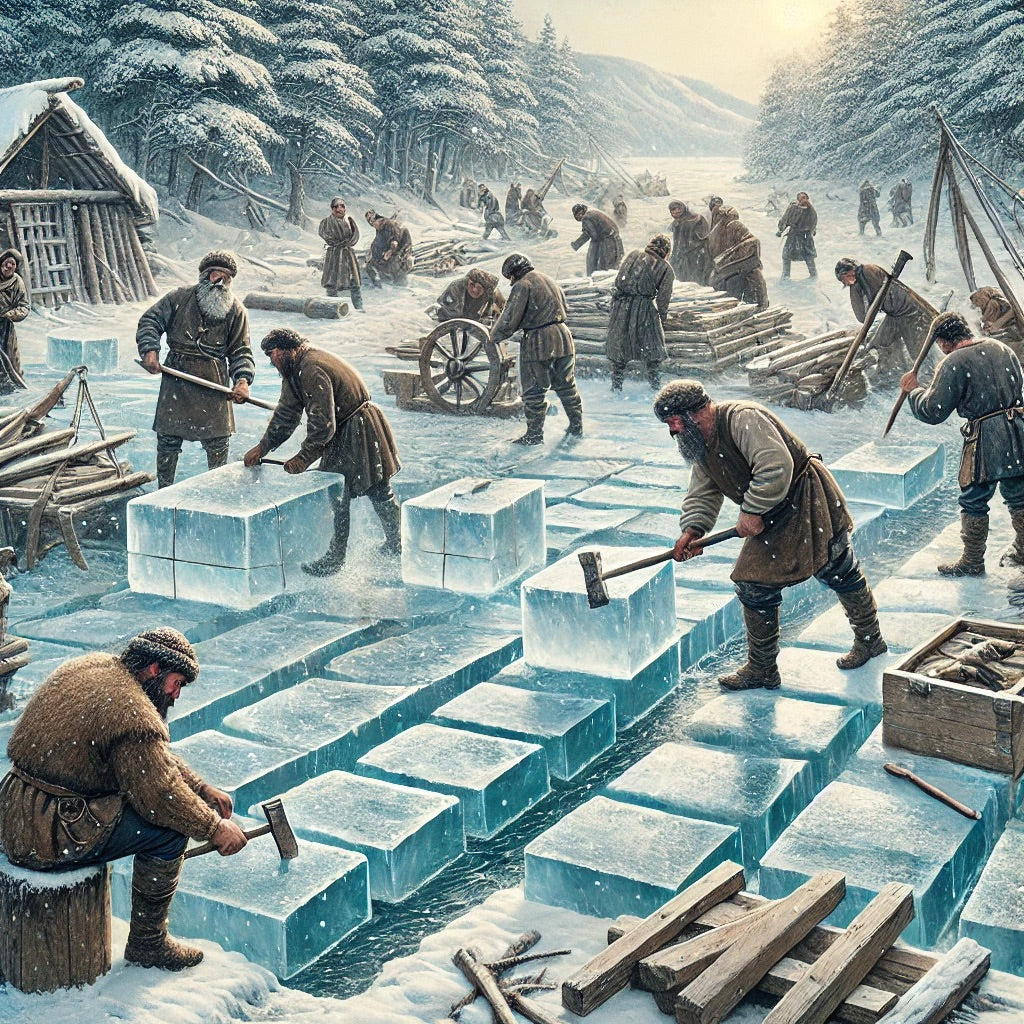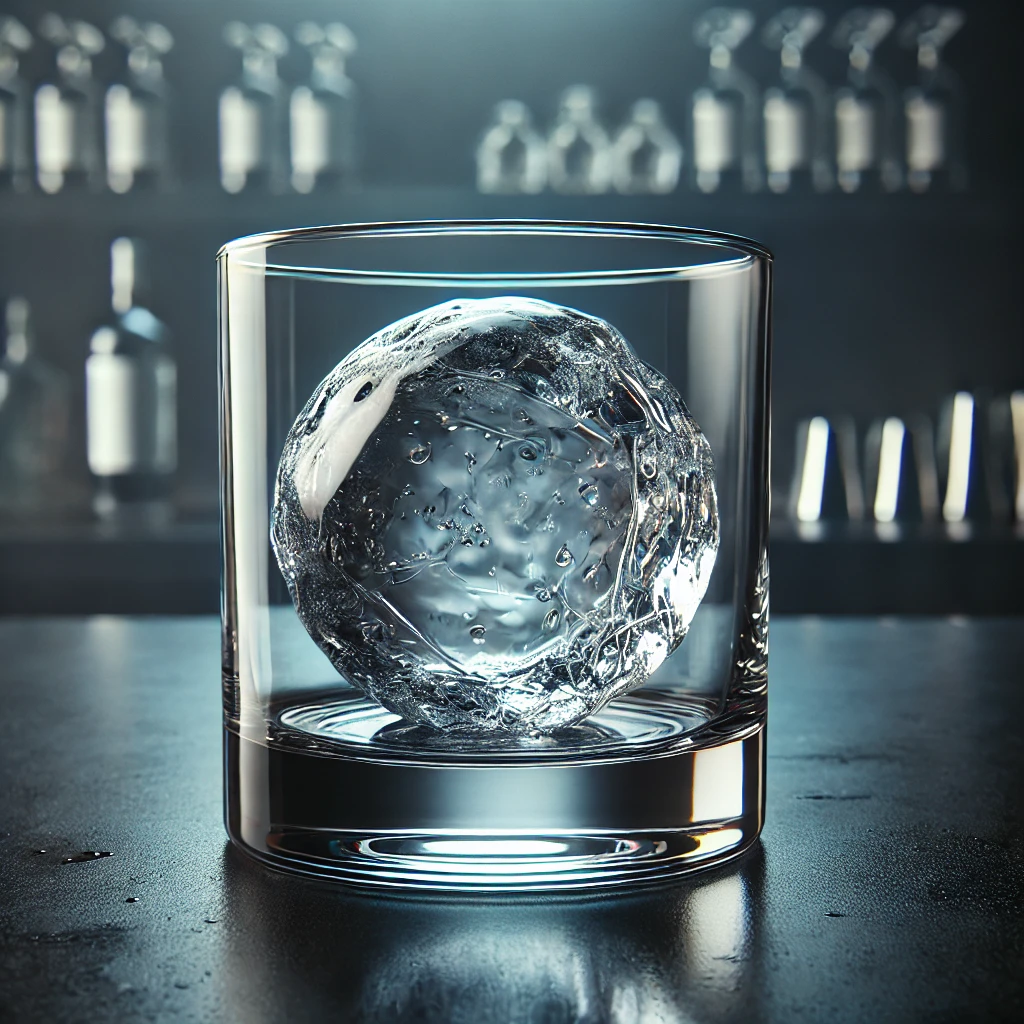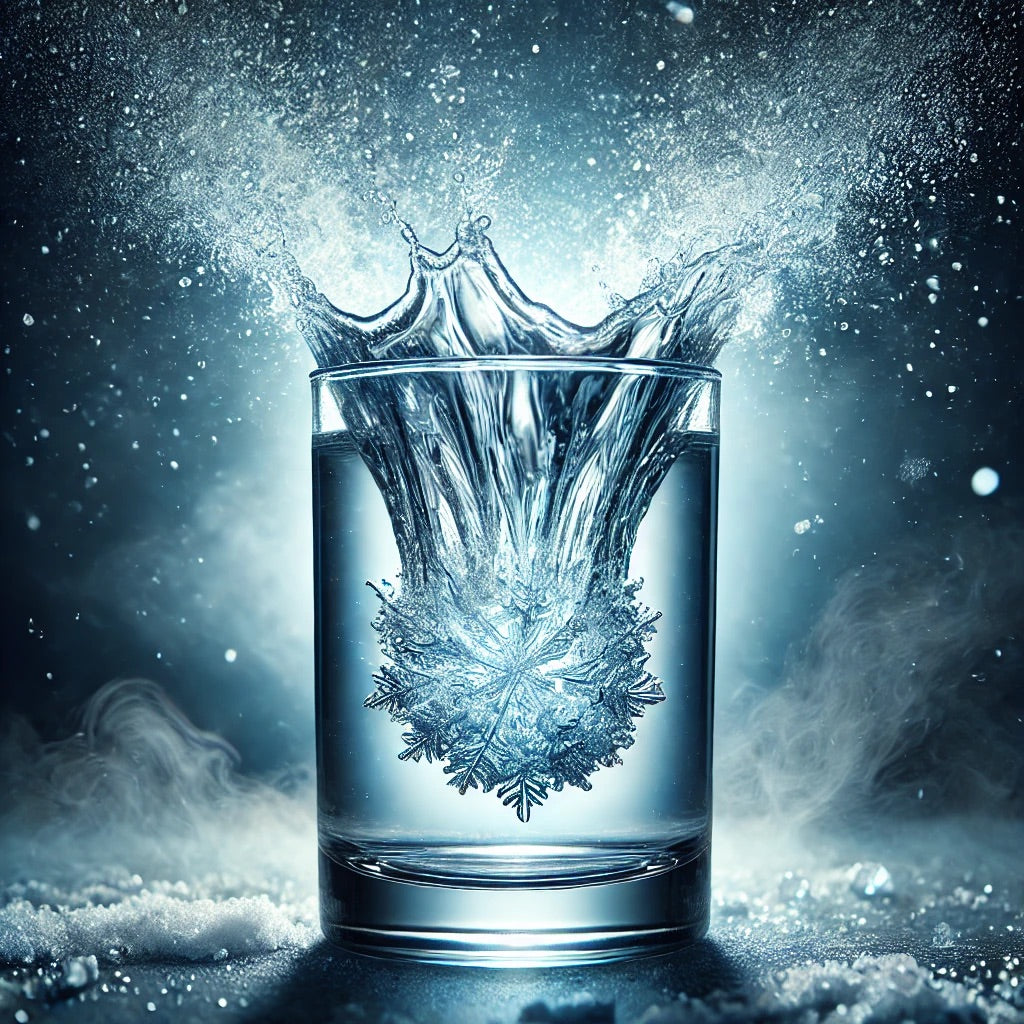
The history of ice making is a remarkable tale that spans centuries and highlights human ingenuity in the quest to preserve food, cool drinks, and provide comfort in hot climates. From ancient time...

How Ice was Harvested from Lakes & Ponds
The harvesting of ice from lakes and ponds has a long history, dating back to centuries before mechanical refrigeration existed. This natural ice harvesting became particularly important during the...

Why is Clear Ice Better than Cloudy Ice?
Clear ice is considered better than cloudy ice for several reasons, primarily due to its purity, aesthetic appeal, and functional advantages. Here are some key reasons why clear ice is preferred ov...

Supercooling refers to the process by which a liquid, such as water, is cooled below its normal freezing point (32°F or 0°C for water) without it turning into ice. This phenomenon occurs because th...
Does Ice Exist on Other Planets?
Ice exists on many other planets and celestial bodies throughout our solar system and beyond. However, the term “ice” on other planets doesn’t always refer to water ice; it can also refer to frozen...
The melting of ice is a process that involves the transition of water from its solid state (ice) to its liquid state, a process known as fusion or melting. This transformation occurs when heat is a...
The transformation of water into solid ice is a fascinating process that involves the principles of thermodynamics and molecular behavior. This phase change occurs when water cools down to a specif...
A freezer works by using a refrigeration cycle to remove heat from the inside of the appliance, lowering the temperature enough to freeze water and preserve food. The process involves a combination...
A modern ice maker, whether it’s a standalone appliance or part of a refrigerator, works by using refrigeration technology to freeze water into ice and then dispense it in cubes or other shapes. He...
Does your Water Source Affect the Ice you are able to Create?
Yes, the water source has a significant impact on the quality of the ice you are able to create. The minerals, impurities, and dissolved gases in the water can affect the clarity, taste, and overal...
